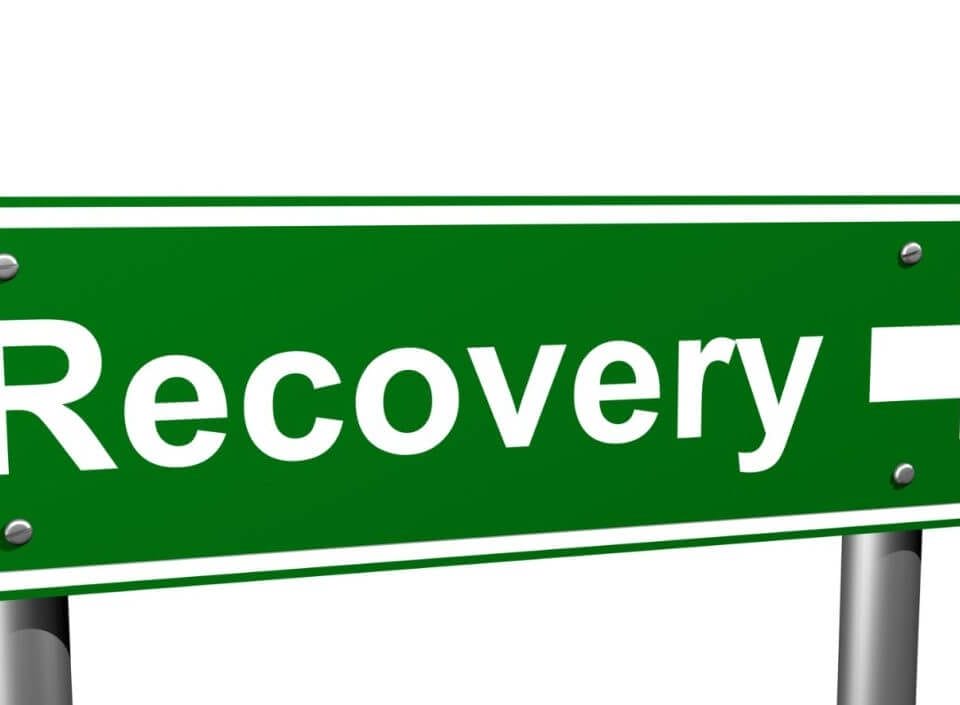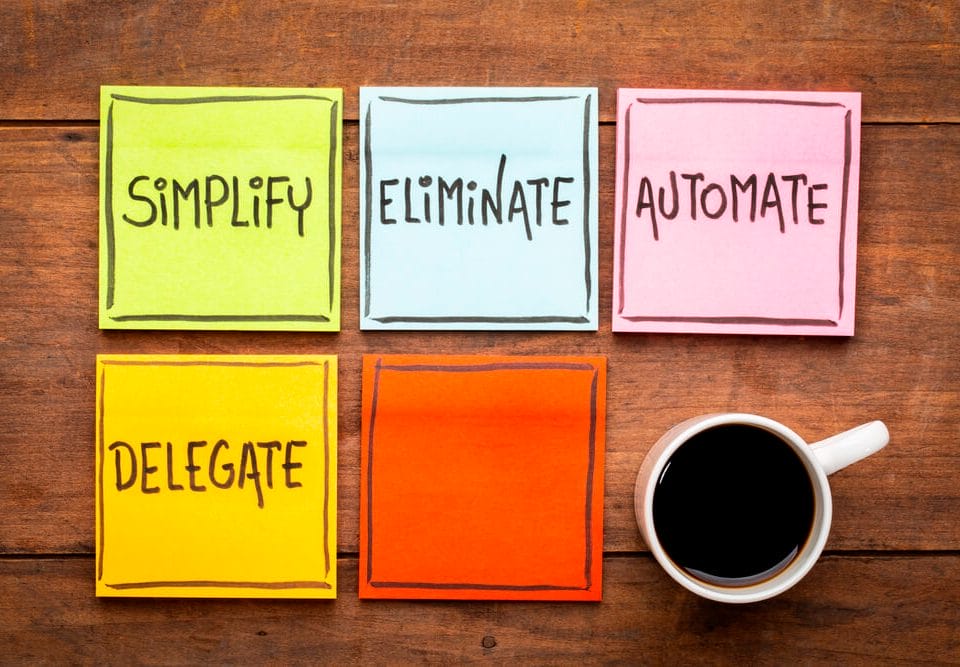
Importance of Disagreement
Disagreement at work generally creates better outcomes
Honest disagreement is often a good sign of progress
Mahatma Gandhi
an Indian lawyer, anti-colonial nationalist and political ethicist who employed nonviolent resistance to lead the successful campaign for India's independence from British rule, and to later inspire movements for civil rights and freedom across the world.
Sometimes Disagreement is Scary
People were afraid to disagree ..... My boss was an amazingly astute business person, and he also had a very strong personality. He would always challenge you to be your best. While at the same time, you may feel a bit uncomfortable to challenge him -- or anyone else in his staff meeting for that manner. I knew though that you could easily push back with rationale and he would listen. But people were still afraid. I was his #2.
I'd heard some scuttlebutt from some team members who were in the staff meeting .... a few team members had disagreement with some plans the boss wanted to make (and was making). They didn't bring it up in the staff meeting yet they complained it was the wrong direction afterwards to each other. I mentioned it to my boss (didn't bring up their names). and he mentioned he was frustrated that these folks wouldn't bring it up to him directly.
Respectful disagreement in this case could have changed the direction or possibly even enhanced it through looking at the pros and cons of the alternatives.
Another disagreement example
The CEO who doesn't listen to disagreement. One CEO I worked for, held a staff meeting with his team. He wanted to head in a particular direction and a few of his senior leadership team pushed back with disagreement and proposed an alternative. In this case, the CEO didn't ask why or want to probe deeper into the alternative. And continued in the direction he wanted to go.
This situation was a bit different. The CEO didn't accept the disagreement or probe deeper. He could have easily said, " why do you think we should go in a different direction?"
Instead, the direction he wanted to take, could be negatively impactful to the business ... his executive team did not support his decision because of the high risk of negative impact but would still implement it. They continued to talk behind his back about the frustration.
Why Disagreement At Work is Good
When you and your coworkers push one another to continually ask if there’s a better approach, that creative friction is likely to lead to new solutions. “Conflict allows the team to come to terms with difficult situations, to synthesize diverse perspectives, and to make sure solutions are well thought-out,” says Liane Davey, cofounder of 3COze Inc. and author of You First: Inspire Your Team to Grow Up, Get Along, and Get Stuff Done.
In other words, disagreement can make you and your team better.
Of course, there’s a right way and a wrong way to disagree. Davey offers these tips:
- Talk about the issue, not the person.
When you focus on the issue at hand, you’re more likely to come to a resolution. Attacking the person will only escalate the conflict. - Avoid using absolutes.
Instead of saying, “You’re always late,” try, “I noticed you were late to the last three team meetings.” The former is likely to put the other person on the defensive, while the latter opens up a conversation. - Be aware of your body language.
Folding your arms or tapping your foot conveys impatience and can make the other person feel like you’re judging them. Instead, try to keep an open posture. - Be willing to compromise.
If you want the other person to budge, you have to be willing to do the same. Keep in mind that a compromise doesn’t have to be 50/50. It could be 70/30 or even 90/10.
In this situation you can also "disagree and commit". Jeff Bezos uses this term at Amazon -- it helps drive agreement and support of decisions. We will not always agree with each other but we do need to commit to supporting initiatives. This is best for the business. You can say, "I disagree but will commit to supporting your decision" - Seek first to understand, then to be understood.
When you’re in the midst of a disagreement, it can be easy to get wrapped up in your own perspective. But if you take a step back and try to understand where the other person is coming from, you’ll be in a better position to find a resolution that works for both of you.
Remember, disagreement is normal and can actually be productive. By handling it in a constructive way, you can turn a potentially negative situation into a positive one.
A Positive Example of Disagreement
I was chatting with my CEO and one of the board members. The CEO mentioned he wanted to modify the strategic direction a bit. I mentioned to John <all names changed>, "John, let me push back on that if its ok....I recommend we re-look at this and head in <specific details> direction. Let me explain why, <<explained reason why>> "
This created a good dialog. It allowed us to better understand the alternatives as well as plusses and minuses.
We left the conversation with a better plan. The board member followed up with me separately ... "you handled that really well".
Bottom Line on Disagreement at Work?
Its ok to disagree with people at work -- BUT, keep it professional and collaborative.
In fact, it makes the workplace better.
Disagreement is not necessarily a reason to head for Splitsville. In fact, a relationship without disagreement is probably too brittle to last. Some of the best human bonds are forged in the fire of disagreement.
Jerry Spinelli, Author



